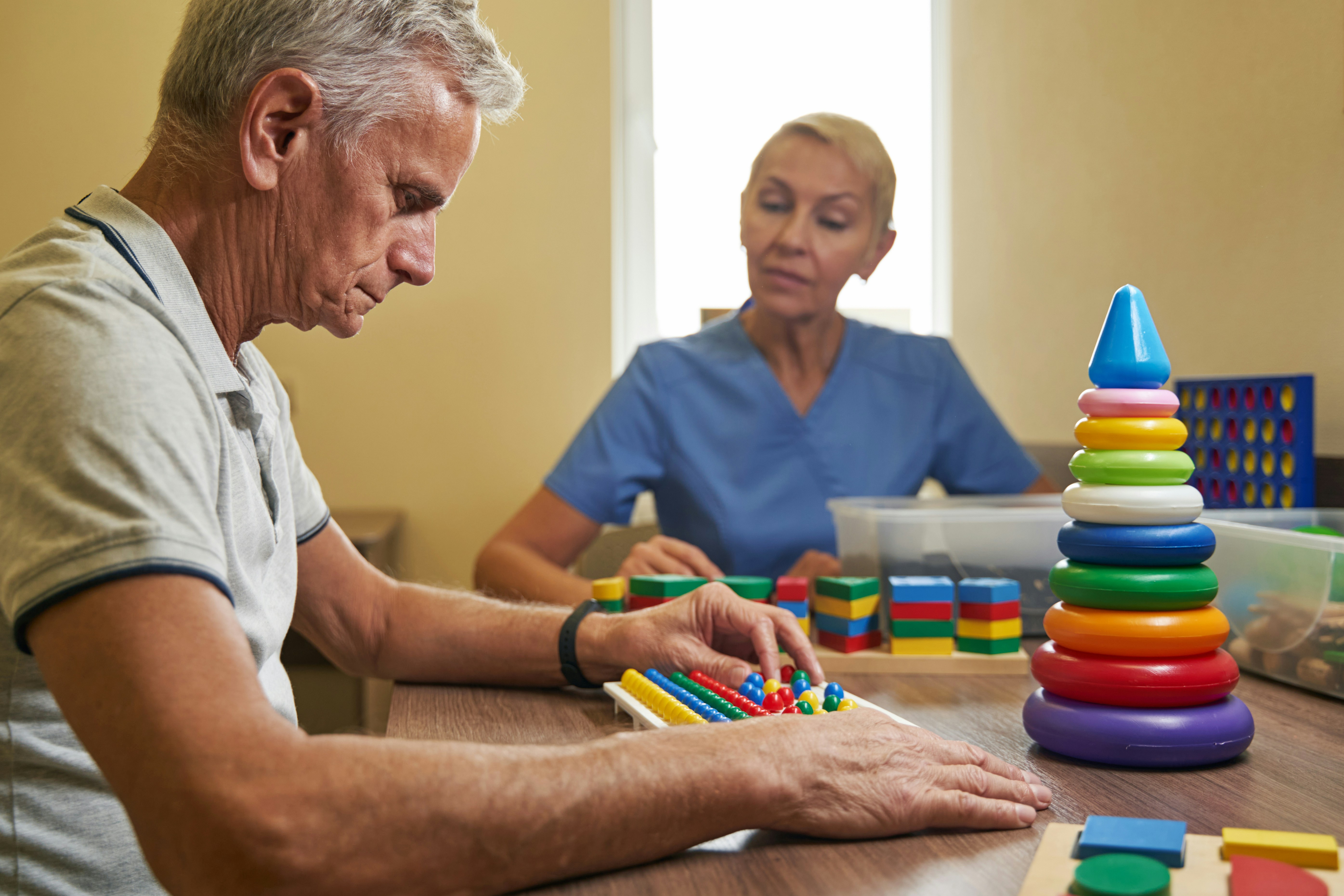Forget the old belief that aging inevitably leads to cognitive decline. New research tells a more empowering story: the brain remains capable of change and growth well into old age. And one of the most effective ways to keep it healthy? Lifelong learning. Whether you're picking up ballroom dancing at 70 or tackling your first jigsaw puzzle at 50, these acts of mental effort can rewire the brain in ways that help prevent or delay dementia. The science is clear: novelty and complexity are not just stimulating—they're protective.
Dementia is not a disease in itself but a syndrome—a group of symptoms associated with memory loss, reduced reasoning, and changes in behavior that interfere with daily life. Alzheimer’s disease is the most common form, but other types include vascular dementia and Lewy body dementia.
Its causes are complex: a mix of genetics, vascular health, inflammation, and lifestyle. But there's growing consensus around one protective factor: cognitive reserve. This is the brain's ability to adapt and find alternative ways to perform tasks despite damage. And the best way to build cognitive reserve? Challenge your brain regularly.
Think of your brain like a city of neural highways. The more you learn, the more routes are built. When one road gets blocked (say, by a degenerative disease), traffic can reroute through others. This is how cognitive reserve works.
Engaging in new, complex activities—especially those requiring sustained attention, problem-solving, or coordination—strengthens these pathways. Studies using brain imaging show that mentally active older adults have more robust connections in areas critical for memory and attention.
Importantly, this isn't just correlation. Clinical trials have shown that learning new skills can literally grow gray matter and improve working memory.
While classic brain games get all the attention, the most effective activities are ones that engage multiple domains of function:
- Dance and movement classes: Combine memory (learning steps), executive function (sequencing), and motor skills.
- Learning a new language: Challenges memory, grammar rules, and sound recognition.
- Playing a musical instrument: Integrates timing, auditory processing, and fine motor coordination.
- Complex puzzles and strategy games: Enhance spatial reasoning and planning.
- Volunteering or teaching: Adds social and emotional layers to cognitive engagement.
The key is novelty and effort. Passive activities like watching documentaries are less effective unless paired with active recall or discussion.
Cognitive decline usually starts decades before symptoms appear. That’s why experts emphasize beginning in midlife (your 40s and 50s). But the brain remains plastic—changeable—even in your 70s or 80s. A 2017 study found that older adults who learned three new skills at once (e.g., Spanish, photography, and piano) showed significant memory improvements compared to a control group.
In other words, it’s not too late. What matters is the challenge level and consistency. If it feels easy, it’s not rewiring your brain.
Cognition doesn’t happen in a vacuum. Social engagement and emotional regulation are intertwined with memory and attention. Activities like team sports, choir singing, or discussion groups combine learning with connection—a double win.
Research also shows that loneliness increases dementia risk. By contrast, shared learning environments provide both mental and emotional stimulation, making the benefits even more pronounced.
A sustainable brain-health routine doesn’t need to be overwhelming. Here’s a weekly template:
- 2x/week: Learn something physical and structured (e.g. dance, martial arts, yoga)
- 3x/week: Practice a cognitive skill (e.g. music, new language, digital tool)
- 1x/week: Social learning (e.g. book club, trivia night, volunteering)
- Daily: Read or write about something new for 15–20 minutes
Stacking new habits slowly and mixing domains (movement, memory, emotion) strengthens multiple brain systems at once.
- "I’m too old to learn new things": False. Neuroplasticity persists with age, especially when tied to novelty and attention.
- "It’s genetic, so there’s nothing I can do": Genetics play a role, but lifestyle determines whether those genes activate.
- "I just do crossword puzzles every day": Routine repetition helps less than struggling with something unfamiliar.
In short, the brain responds to effort. The harder it is (within reason), the more your brain adapts.
Learning isn't just a defensive tactic. It improves quality of life. Older adults who engage in meaningful learning often report better mood, more energy, and stronger sense of purpose. These psychological benefits feed back into cognitive resilience. You're not just buying time. You're building it.
Dementia isn’t inevitable. You can intervene. But you must treat your brain like a system that needs inputs, feedback, and stress-testing. Choose activities that push your limits, especially ones you enjoy.
If there’s one rule to remember: if it feels hard and new, you’re doing it right. And the more you repeat that effort, the more likely your brain will respond by getting stronger—and staying that way.















